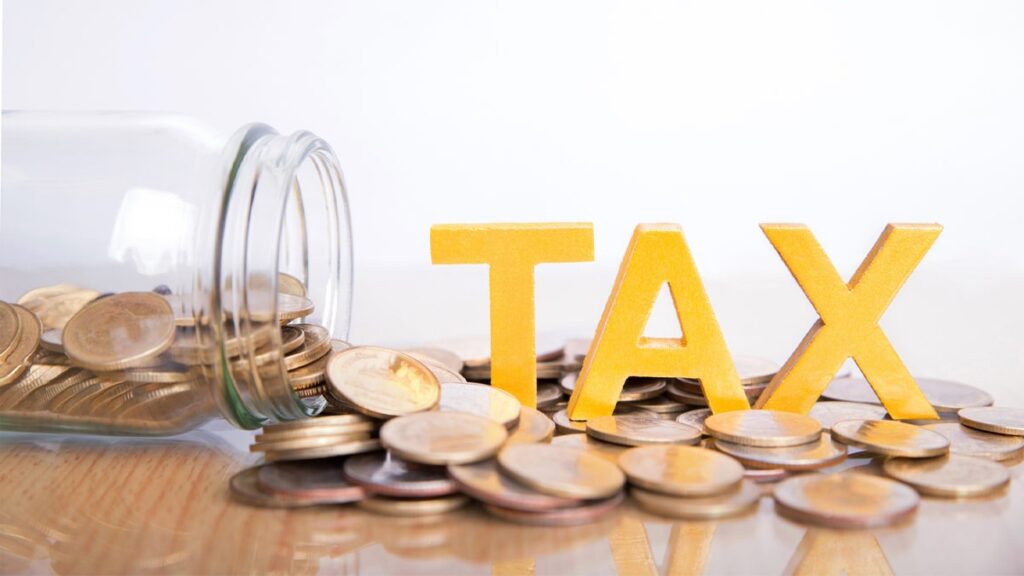The Provident Fund (PF) serves as a crucial financial safety net for individuals, offering a secure means of savings and retirement planning.
When it comes to withdrawing funds from the PF, understanding the tax implications becomes essential. One significant aspect to consider is the tax-free withdrawal limit for PF, which determines the amount that can be withdrawn without incurring any tax liability.
Being aware of this limit is crucial to effectively managing one’s finances and optimizing tax benefits. In this article, we will discuss how to do the tax-free withdrawal for PF, explore the taxation rules surrounding PF withdrawals, etc
But first, let’s find out what is Provident Funds

Table of Contents
What is Provident Fund?
The Provident Fund (PF) is a government-mandated savings scheme that serves as a long-term investment and retirement planning tool for employees. I
It is designed to provide financial security and stability to individuals during their working years and after retirement.
The PF is regulated by the Employees’ Provident Fund Organization (EPFO), a statutory body under the Ministry of Labour and Employment in India.
Under the PF scheme, a portion of an employee’s salary is deducted and contributed towards the PF account. Both the employee and the employer make regular contributions to the fund, with the employee’s contribution typically deducted from their salary.
The contributions are pooled together and managed by the EPFO, which invests the funds in various government-approved financial instruments such as government securities, bonds, and fixed deposits.
Eligibility for Premature Withdrawal in PF
The following are the eligibility for premature withdrawal of the PF-
- A minimum and continuous service period of 5 years is a must with the current employee with some exceptions like medical emergencies, higher education, marriage, construction or purchase of a house, or unemployment for a continuous period of two months or more
Provident Fund Taxation
You can stipulate the taxation for Provident Funds by following two methods, which is as follows-
- Non-Taxable EPF Withdrawal
- Taxable EPF Withdrawal
Non-Taxable EPF Withdrawal
Non-taxable EPF withdrawal refers to the withdrawal of funds from the EPF account that does not attract any tax liability. The following scenarios fall under this category:
- If an individual has completed five years of continuous service with their employer, the EPF withdrawal is considered non-taxable.
- If an individual remains unemployed for a continuous period of two months or more, they are eligible to withdraw the EPF funds without any tax implications
- If an individual changes jobs and transfers their EPF balance to the EPF account of the new employer, the transfer amount remains non-taxable
Taxable EPF Withdrawal
Taxable EPF withdrawal refers to the withdrawal of funds from the EPF account that is subject to tax. The following scenarios fall under this category:
- If an individual withdraws their EPF balance before completing five years of continuous service, the withdrawal amount becomes taxable
- If an individual chooses to withdraw their EPF balance voluntarily after completing five years of continuous service, the withdrawal amount is taxable
- The tax liability is applicable only to the interest earned on the employee’s contribution
FAQ
EPF withdrawal can be taxable or non-taxable depending on various factors such as the duration of employment and the reason for withdrawal. But generally, it is non-taxable.
If EPF is withdrawn before completing five years of continuous service, the withdrawal amount is generally taxable. However, if the total withdrawal amount is less than Rs. 50,000, it is eligible for tax exemption.
Only the interest earned on the employee’s contribution is taxable. The principal amount contributed by the employee remains non-taxable.
The taxable threshold for EPF withdrawal varies based on the prevailing income tax slabs set by the government for the financial year.
If the EPF withdrawal is taxable, tax is deducted at source (TDS) by the EPFO at the prevailing tax rates and the remaining amount is disbursed.
Yes, individuals can claim a refund for excess tax deducted on EPF withdrawal while filing their income tax returns for the relevant financial year.
It is advisable to consult a tax professional or financial advisor to understand the specific tax implications, and exemptions, and optimize tax planning while making EPF withdrawals based on individual circumstances.
I’m Shiv Kumar, a graduate with a passion for finance, marketing, and technology. My journey into finance started with a desire to understand money management and investing.
Our main goal is to empower individuals through financial education. We believe that everyone should have the opportunity to build a strong financial foundation. Whether you’re a seasoned investor or just getting started, we provide articles, guides, and resources to help you navigate the financial landscape.
I invite you to join our community of financially savvy individuals. Feel free to ask questions, engage with our content, and explore the topics that matter to you. Together, let’s take control of our financial futures.




